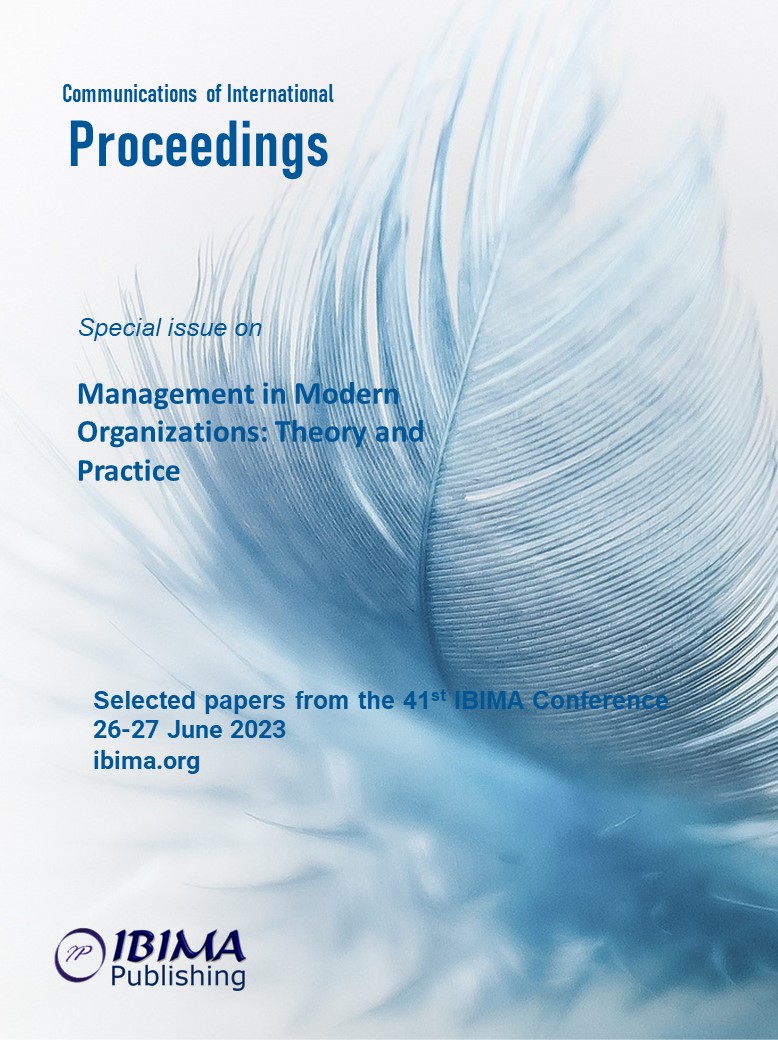
Daniel GAJDA and Sylwia JAKUBOWSKA
University of Economics in Katowice, Katowice, Poland,

Ethical leadership could be crucial for achieving positive outcomes in organization because of its effects on employee’s work-related behaviors. Though considerable research has been conducted on ethical leadership, we still know very little about the processes through which a leader can foster these behaviors. The study examines the mediating role of psychological capital (PsyCap) in the relationship between employee perception of ethical leadership and his or her organizational citizenship behavior (OCB) as well as the moderating effect of gender. The authors surveyed 730 employees from 33 large companies operating in Poland. The hierarchical regression analysis was used to test the hypotheses. The results reveal that PsyCap fully mediates the impact of ethical leadership on two dimensions of citizenship behavior and gender moderates the relationship between PsyCap and organization-directed OCB, such that this relationship is stronger for women than for man. Our findings prove that leaders energize their subordinates toward positive psychological resources (i.e. PsyCap) by exhibiting ethical behaviors, which ultimately leads them to enhanced OCB. As such, the study advances our knowledge of leadership style effects by illustrating the importance of PsyCap as an underlying mechanism through which ethical leadership affects OCB.